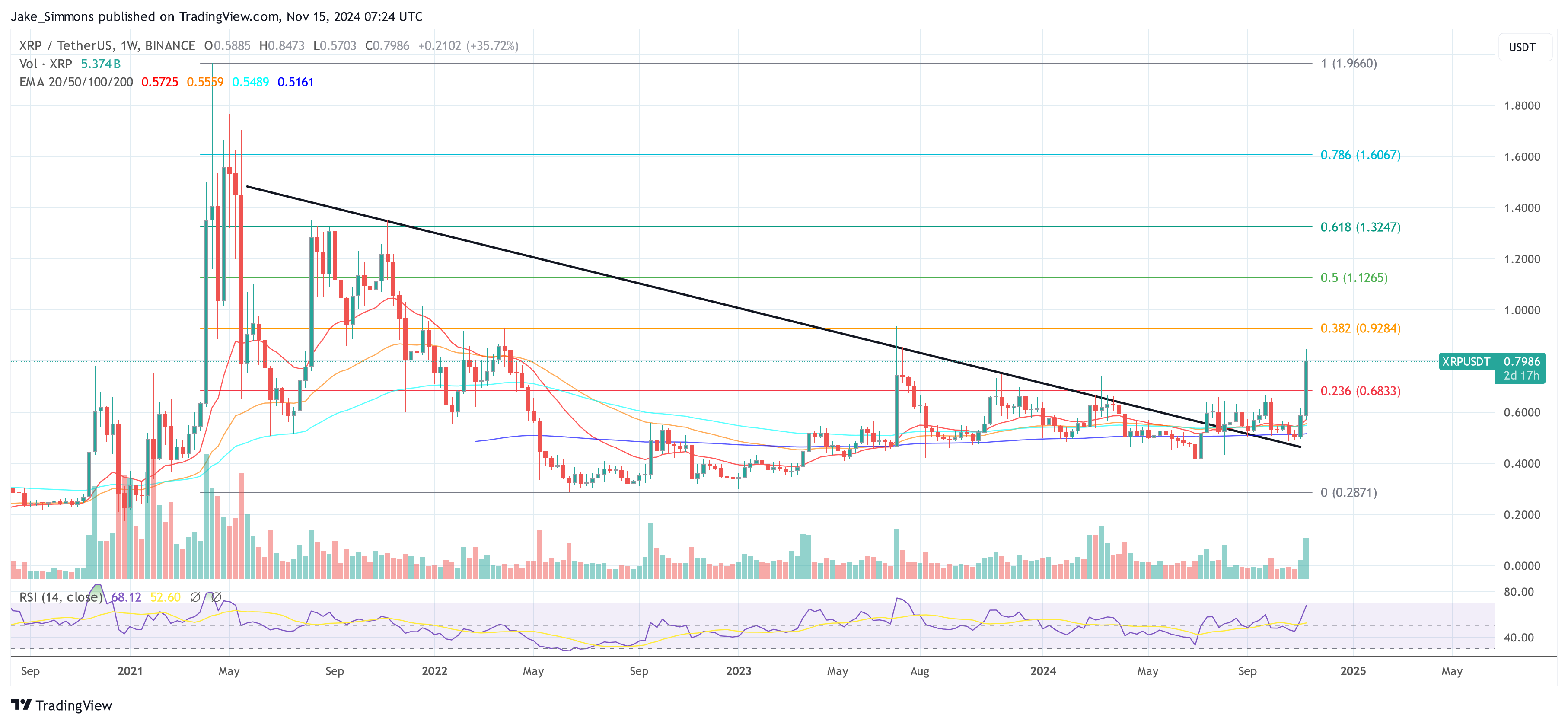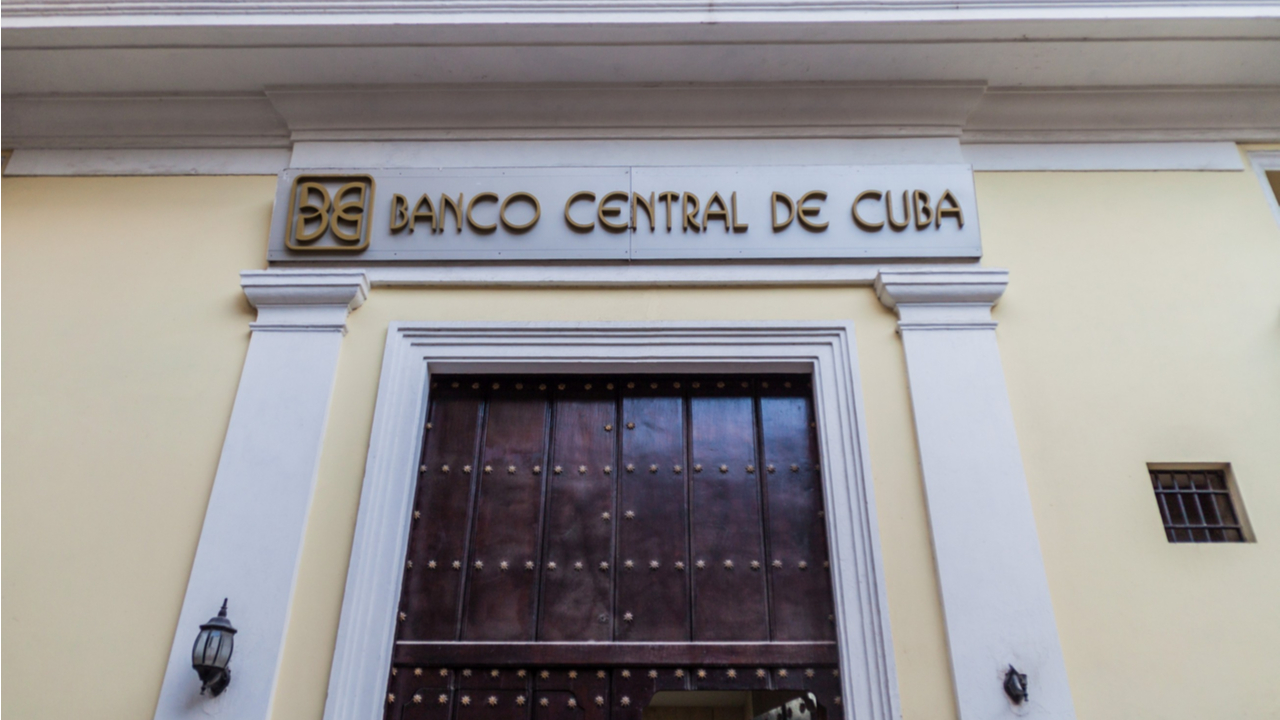The Panama National Assembly has passed a bill that will regulate the use and commercialization of crypto assets in the country.
Panama Legalizes Crypto Asset Payments
The National Assembly passed the bill with 38 votes in favor, two abstentions, and 0 votes against. In the next step, the bill will need to be signed off by President Laurentino Cortizo. The bill allows the use of crypto assets as means of payment for any legal civil or commercial operation in the country. This means that citizens will be able to pay their taxes using crypto assets. The bill’s language does not specifically mention “cryptocurrencies” because it includes the trading and use of crypto assets, issuance of digital securities, new payment systems, and the tokenization of precious metals.
According to lawmaker and bill promoter Gabriel Silva,
“We’re seeing the emergence of many different types of crypto assets like works of art. That’s why we didn’t want to limit ourselves only to cryptocurrencies.”
Concerns Over Panama’s Reputation
Panama is notorious as a hub of offshore financial services. Some experts have claimed that legitimizing crypto assets on the island could further enhance its reputation as a place lacking financial transparency. Many industry experts are focusing on the benefits of using digital currencies and assets in a country like Panama, where most citizens still do not have bank accounts. Furthermore, the bill is expected to change the mindset of the country’s banks to a more crypto-friendly stance.
Latin America’s Crypto Awakening
Latin America is currently going through a crypto awakening. Countries in this region have been historically kept under the thumb of the US dollar, their economies flailing under the burden of embargoes. On top of that, almost a majority of these populations are still unbanked. However, the advent of the internet in Latin America has been pivotal in introducing alternate financial models like cryptocurrencies and decentralized finance. After El Salvador’s adoption of BTC as legal tender last year, multiple other countries in this region are opening up their doors in varying degrees to the idea of a crypto-led economy. For example, the Brazilian Senate has recently approved a “Bitcoin Law” to help lay the framework to guide crypto trading in the country. At the same time, the Central Bank of Cuba issued guidelines for virtual asset service providers to conduct crypto operations in the country.
Disclaimer: This article is provided for informational purposes only. It is not offered or intended to be used as legal, tax, investment, financial, or other advice.
Credit: Source link























